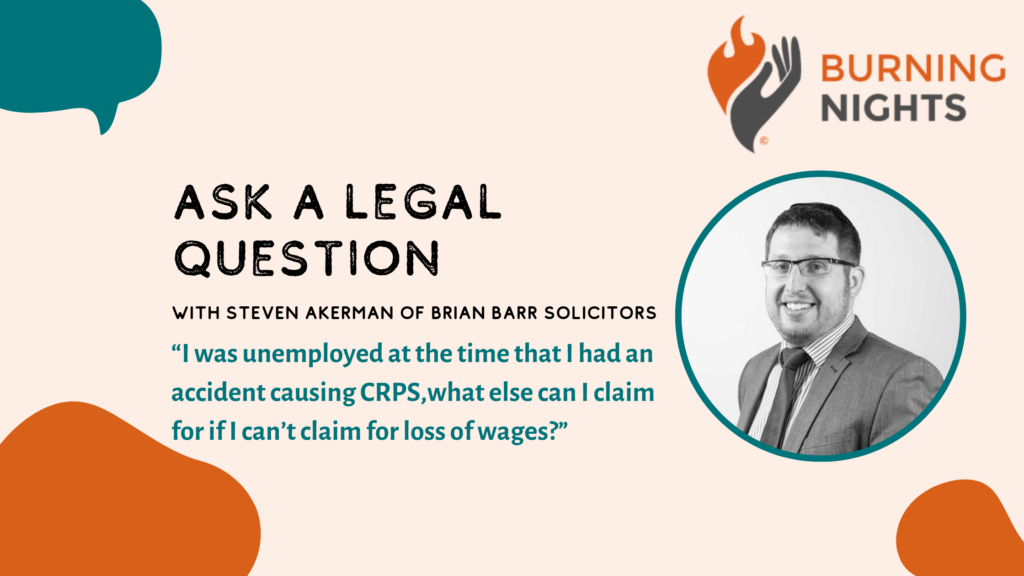Many fibromyalgia patients experience worsened symptoms as they age as a result of menopause. To learn more, read our blog.
Fibromyalgia is more common in women than men. According to the National Fibromyalgia Association, 75-90% of people with the condition are women. The exact root cause of fibromyalgia is unknown, however, it is well-known that the majority of women receive their diagnosis between the ages of 40 and 55-years-old, with symptoms starting at any time between the ages of 20 and 55. This coincides with menopause, which is something many fibromyalgia sufferers unfortunately face alongside their condition and, as a result, experienced worsened symptoms and increased discomfort. In this blog post, we discuss this topic in further detail to better understand how fibromyalgia and menopause are linked and what can be done to treat symptoms of each. To find out more, continue reading.
According to the NHS, menopause usually occurs in women aged between 45 and 55-years-old. In the UK, the average age for a woman to reach menopause is 51. It is a natural part of ageing, however, is extremely uncomfortable. Common symptoms can begin begin months or years before your last period and last around 4 years after your last period, although some women experience them for much longer. Common symptoms include:
- Hot flashes
- Night sweats
- Difficulty sleeping
- Low mood or anxiety
- Reduced sex drive
- Problems with memory or concentration
During the course of menopause, oestrogen levels begin to decline before hitting rock bottom. In postmenopausal women, the production of oestrogen levels decline by 40%, which can lead to further symptoms, such as depression, sleeplessness, and anxiety. Hormonal changes such as these are known to also trigger moodiness, soreness, and crankiness, which are further aggravated by sleepless nights, causing a vicious cycle.
Symptoms presented in menopause are extremely similar to those of fibromyalgia. When combined, the two conditions can make symptoms of each feel much worse. Although further research is required to better understand the connected between the two, there is some research to indicate that fibromyalgia symptoms worsen post-menopause, compared to women who are still menstruating.
If you are going through menopause and experiencing worsened symptoms as a result, then we would recommend that you visit your doctor or local GP, as they may be able to recommend a form of treatment, such as oestrogen or hormone replacement therapy, which can be used to ease your menopausal symptoms. Once your menopausal symptoms ease, it is likely that you will not experience the impact of your fibromyalgia symptoms as much, although this is not guaranteed.
Enjoying a healthy lifestyle is something you can do to improve your overall wellbeing. This involves taking part in regular exercise, eating healthily, not smoking, managing your weight, and limiting your alcohol intake. While healthy living may not specifically target menopause or fibromyalgia, it can still work to improve your bone strength and cardiovascular health, reduce stress, and enhance other aspects of your health.
We do not endorse any research, studies or sources mentioned within our blogs and comments. Furthermore, we do not endorse any medical advice provided, and would strongly recommend anyone seeking medical advice to contact their local healthcare provider.

















